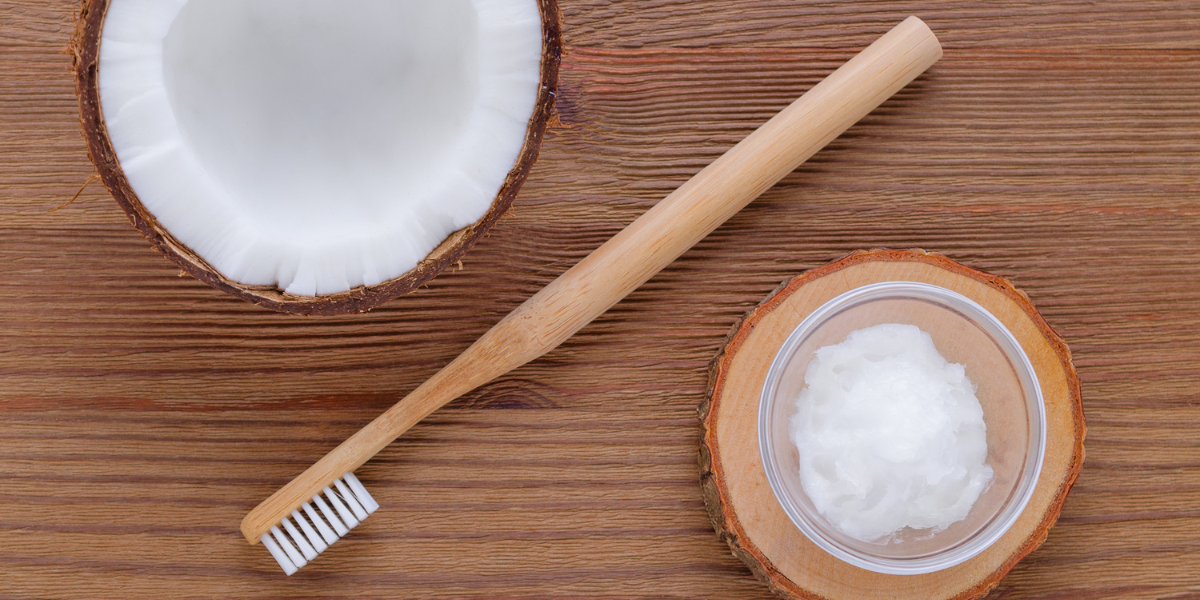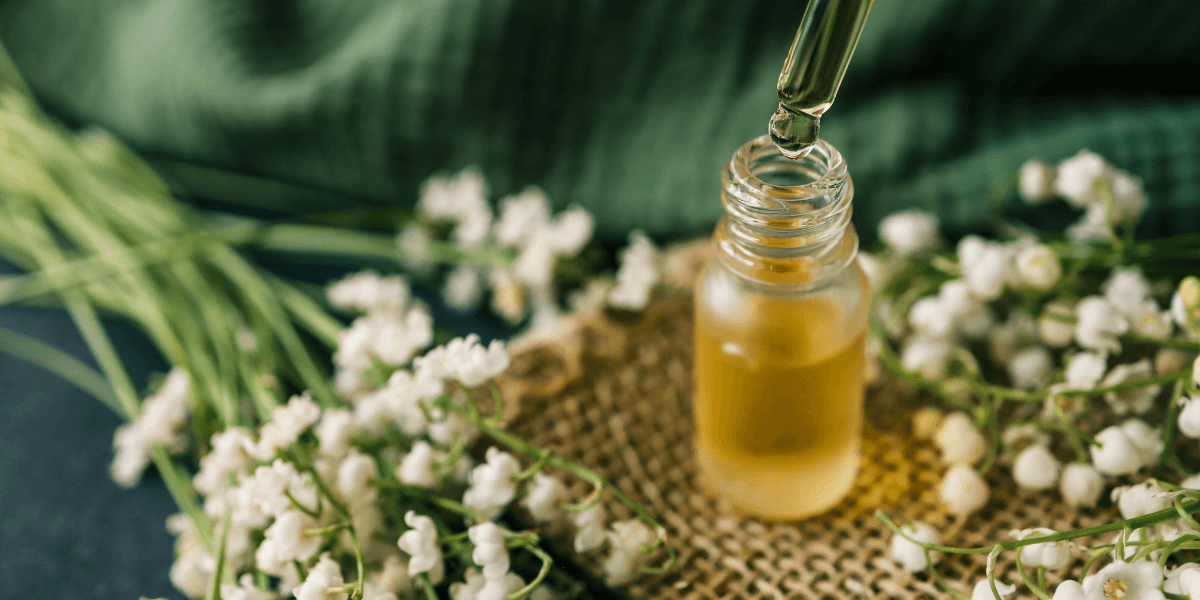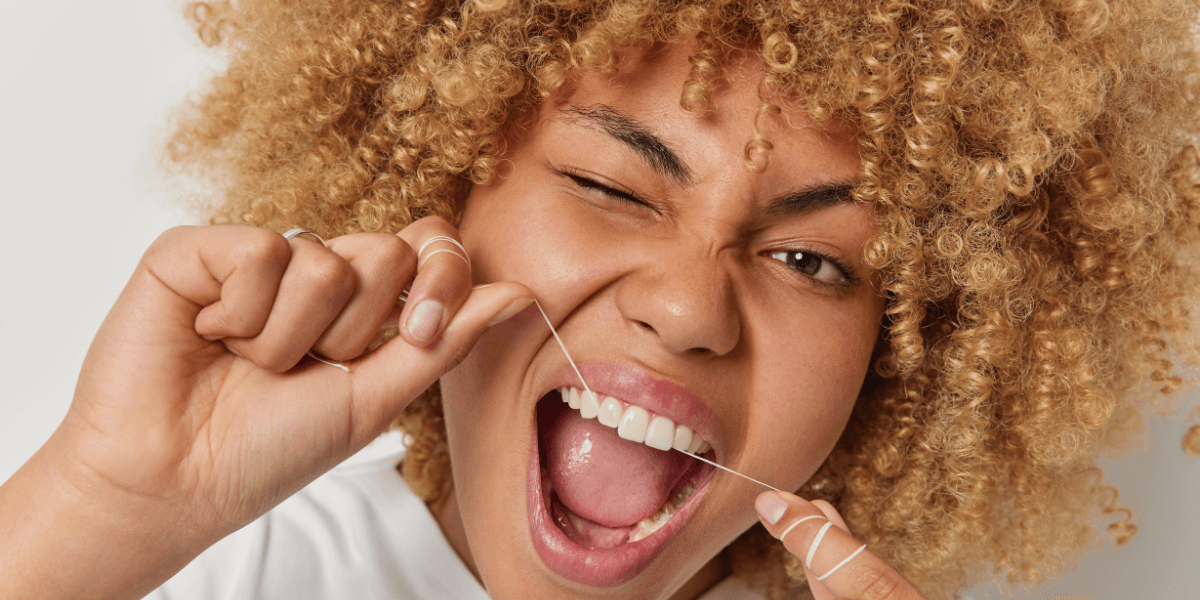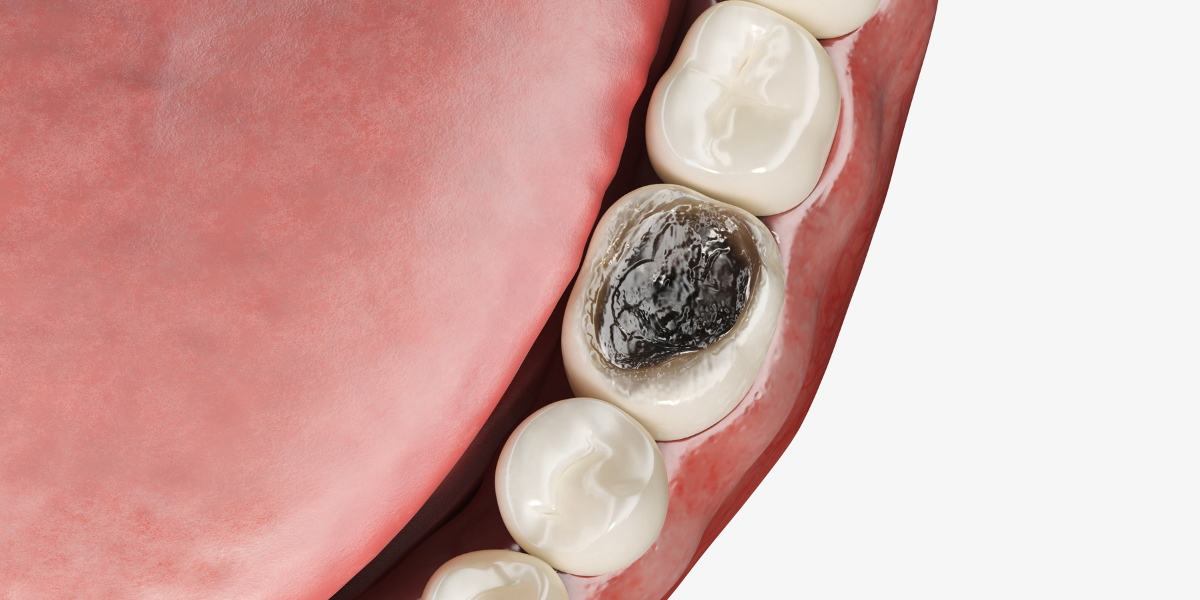
Oil pulling is thought to be a cheap home remedy, and effective alternative to traditional treatment, for a variety of oral ailments including cavities, pain, inflammation, and chronic dry mouth. Find out why oil is thought to soothe so many oral health problems & how effective it really is from a dental hygienist.
There has been a renewed interest in home remedies over the years to improve one’s health without using traditional pharmaceutical means or medical interventions. This rise of interest in home remedies to fix oral issues is often attributed to social media trends that often go viral.[5] However, according to the report Dental Dangers: Home remedies To Avoid While Waiting For Care, many are turning to at-home options due to their lack of access to professional oral healthcare services.[6] Some individuals either are not willingly seeking professional oral care or have barriers that create access to care issues. These individuals often seek DIY options to help alleviate or cure bleeding gums, chronic dry mouth, broken teeth, toothaches, and cracked teeth.[5] One method that some have considered is using oil pulling to cure their cavities. Some individuals have even become convinced from various internet sites that oil pulling can help cure cavities by reversing them, resulting in not needing fillings or other dental work. Can you cure your cavities by oil pulling? Is that really possible?
What is a cavity?
First, let’s discuss what a cavity actually is. Cavities or tooth decay is when the hard surface of your teeth (enamel) becomes damaged with tiny openings or holes.[4] These openings are filled with harmful bacteria acids that will continue to burrow through the tooth breaking down the different layers of tooth structure and causing more damage.
You might not initially know you have a cavity when it first starts, however as it progresses you might experience a toothache, see holes or pits in your tooth, or see some brown, black, or white staining on your tooth.[4] Delaying the proper treatment–having a dentist provide restorative treatment–can lead to a severe toothache, infection, nerve damage, or even tooth loss.[4] Think of an apple that has a rotten piece on the fruit, if you cut the rotten piece out the apple is still salvageable. However if you don’t remove the rotten piece then it continues to infect the whole fruit and eventually becomes inedible.
To get rid of a cavity a dentist has to mechanically remove the decay from your tooth with special instruments and place a restoration on the tooth to strengthen it. Once the cavity has penetrated the hard enamel, restorative treatment is necessary because the decay cannot be reversed by any type of medicament.
What is oil pulling?
I know you’ve probably seen popular influencers or celebrities touting the healing benefits of oil pulling…but what is it? Oil pulling involves swishing with a teaspoon of oil in your mouth for twenty minutes every day and then to spitting the oil out.[2] Many users prefer to use coconut oil for its antibacterial properties, however the original Ayurvedic method calls for the user to use sesame oil.[2] Oil pulling has been done for centuries by enthusiastic users who claim it helps prevent tooth decay, bad breath, bleeding gums, throat dryness, and cracked lips.[2]
Although oil pulling might not be the cure all that some claim it to be, according to research it can prove beneficial when used in conjunction with brushing and cleaning interdentally.[3] Studies suggest that there are benefits to oil pulling such as reducing inflammation by decreasing the bacteria and it can prevent plaque formation.[3] Certain oils such as coconut are known to have antibacterial properties and is a favorite amongst many who oil pull for its health benefits. You can not, despite the false claims online, cure your cavities by oil pulling.
How to oil pull:
- Swish with one teaspoon of coconut or sesame oil in your mouth for twenty minutes.[3]
- After swishing for twenty minutes, spit the oil in the trash can. Spitting the oil down your drains could damage your plumbing.[3]
- Rinse your mouth out with water.[3]
The average individual can oil pull if they like as an adjunct to what they are already doing in their oral home care routine. If you are brushing at least twice a day for two minutes as well as cleaning in between your teeth with floss or another oral health aid ,then by all means have at it! (3) These are the basics and are the foundation of having a good oral routine that helps to reduce oral disease.[3] If you are, however, not doing the basics will you realistically be able to incorporate oil pulling for twenty minutes a day daily into your routine?
It is important to make sure you have a realistic oral homecare routine that you can be consistent with. Make sure you visit a dental office regularly. Going to your dental office regularly to see dental professionals is important so as to alert you to any changes that are occurring in your mouth. Incorporating any adjunctive home remedy should be discussed with your dental professionals so they can give you the best tips and base suggestions on your specific needs. Seek out local resources that can help you with any access to care issues as there may be help available that you are unaware of.
- How to get rid of cavities: Do Home Remedies Work? (2022, December 29).https://health.clevelandclinic.org/how-to-get-rid-of-cavities/
- Cleveland Clinic. The benefits of oil pulling for Dental Health. (2022, September 14). https://health.clevelandclinic.org/is-oil-pulling-your-best-choice-for-dental-health/
- Oil Pulling for maintains oral hygiene. (2017, January 7). Shanghai, Vanish Kumar L. https://www.ncbi.nlm.nih.gov/pmc/articles/PMC5198813/
- Mayo Clinic. Cavities/tooth decay https://www.mayoclinic.org/diseases-conditions/cavities/symptoms-causes/syc-2035289
- Dangerous at-home care: Who’s most at risk? Leaver, Elizabeth S. (2023, June 2). https://www.dentistryiq.com/dentistry/article/14294701/dangerous-athome-oral-care-whos-most-at-risk
- CareQuest. Institute for Oral Health. Dental Danger: Home Remedies to avoid while waiting for dental care. Boston, MA (2023, April) https://www.carequest.org/system/files/CareQuest_Institute_Dental-Danger_5.19.23.pdf







